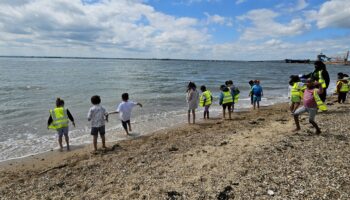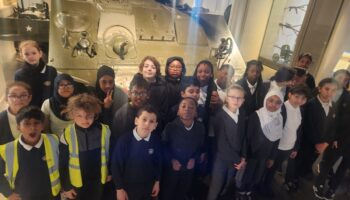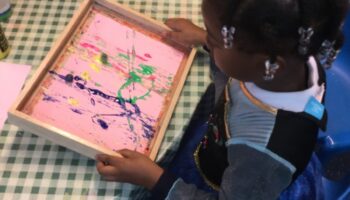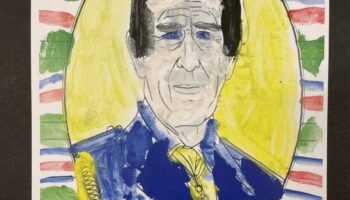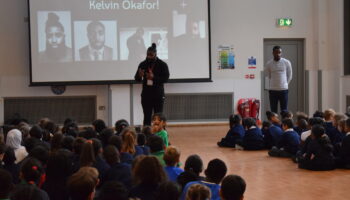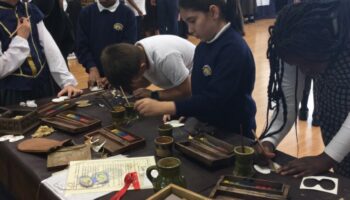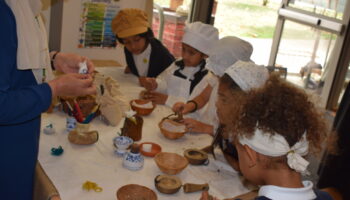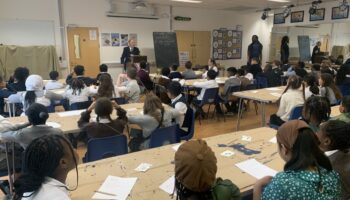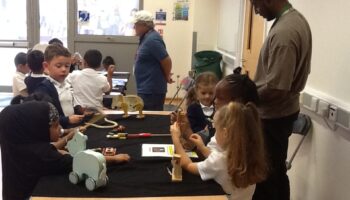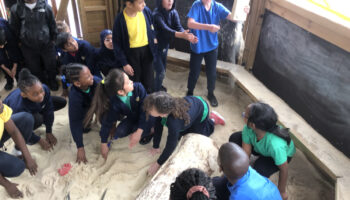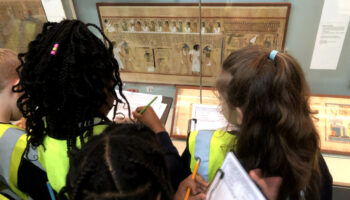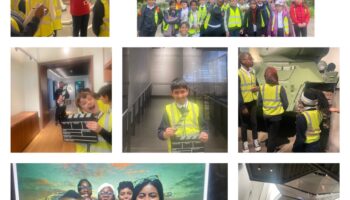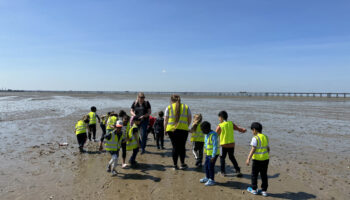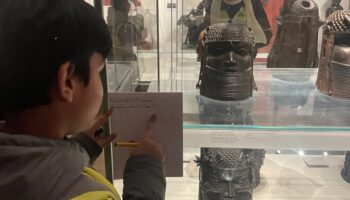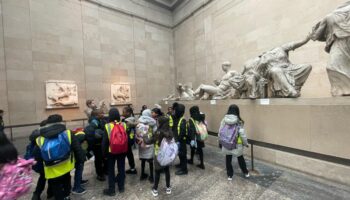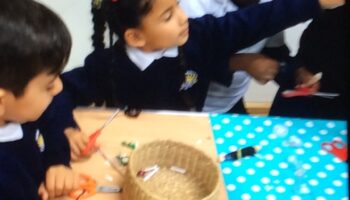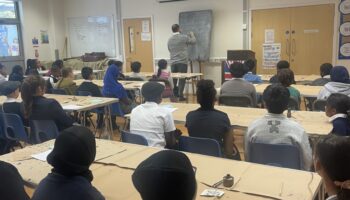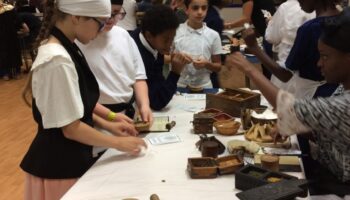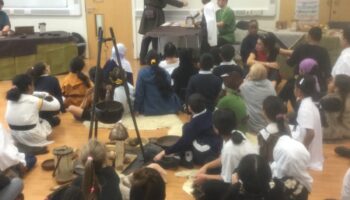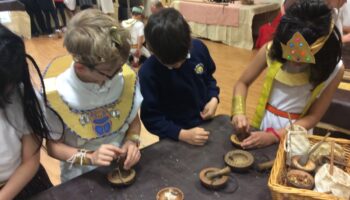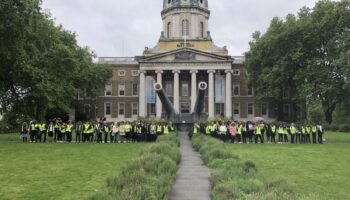Intent
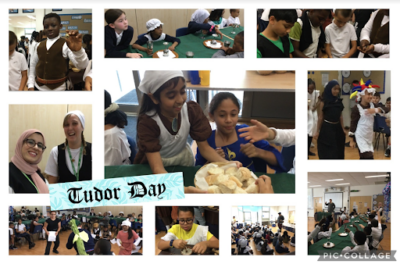
The intent of our History Curriculum is to ensure that our pupils become independent and critical thinkers, preparing for life in Modern Britain and the 21st century world.
Through the teaching of history, pupils will develop key historical skills at the end of each key stage from EYFS to KS2.
We also want to develop our pupils’ Cultural Capital by ensuring that they gain an excellent knowledge and understanding of people like Louis Braille, Keir Hardie, events like the Great Fire of London, World Wars and contexts from a range of historical periods, concepts and processes.
We promote tolerance by developing the holistic child which is effectively supported by our MAGIC habits.
Our history curriculum provides opportunities for pupils to develop spiritually, morally, socially and culturally. Pupils develop a sense of curiosity, discuss on events and beliefs in the past. Explore similarities and contrast between past and present and examine how other cultures have had a major impact on the development of British cultures.
We inspire our pupils by making purposeful links with the other areas of the Curriculum.
Implementation
We use a well designed learning journey to deliver key skills and knowledge of the national curriculum which is taught half termly.
The Early Years Foundation Stage (EYFS) follows the development matters and through understanding the world, a well considered continuous provision is used to engage pupils through activities involving the past and present. Supporting them with experiences to increase their knowledge and sense of the people and community and the world around them. In addition, reading and listening to a broad selection of fiction and non-fiction texts foster understanding of our culturally diverse world.
Our commitment to every child’s learning outcomes is effectively demonstrated within each lesson, as well as how learners will be supported in line with the school’s commitment to inclusion. We use History Off the Page workshops to immerse children into what has been taught and secure their understanding of the era and the events as well as educational visits to British museum, Imperial War museum
To ensure that subject knowledge of all staff is secure, we join networking meetings with other subject leaders to share best practice. We subscribe to Historical Association and Key Stage History online resources that support teaching and learning.
We acknowledge special national events like the Remembrance Day through a whole school assembly.In KS2, teaching and learning about the Holocaust provides an opportunity to inspire critical thinking and societal awareness promoting our British values, especially mutual respect and tolerance as well as individual liberty. Our KS2 pupils are often invited to participate in local memorial days and commemoration events.
We have carefully selected the disciplinary and substantive aspects that reflects the needs of our community and inspire our pupils. For the disciplinary knowledge we focus on Chronological Understanding, Cause, Consequence, Significance of People/Places/ Events, Similarity & difference, Continuity & change, Historical enquiry and Historical interpretation
For substantive knowledge, we look at Power, Invasion/conflict/military, Civilisation, Trade and Religion.
Pupils make progress in history through building their knowledge of the past, and of how historians study the past and construct accounts.
Ofsted Research Review
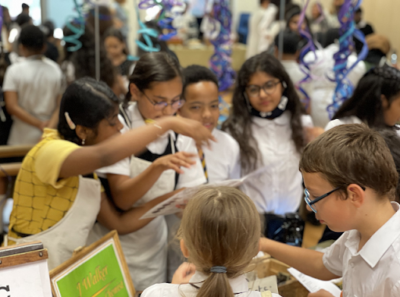 |
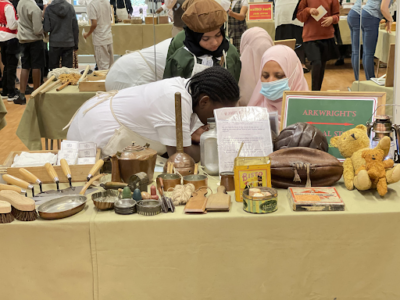 |
Impact
Our pupils understand the process of change (past and now), diversity of societies and relationships between different groups, the challenges each era faced as a way of promoting inclusion and respect in our school and community
Our pupils make historical enquiries, gather the necessary information, analyse the information and present the information, enhancing their communication skills.
High quality displays celebrate a wide range of outcomes, progress in books evidence good outcomes, discussions with pupils show appreciation of History, enjoyment and use of historical vocabulary such as “empire” “civilisation”“ parliament”
By providing opportunities for pupils to apply their knowledge and skills within applicable historical contexts we are deepening their understanding and fostering independent thinking while assessing learning and progress.

